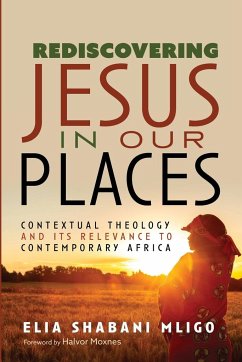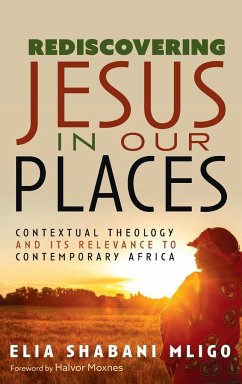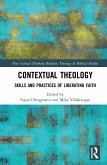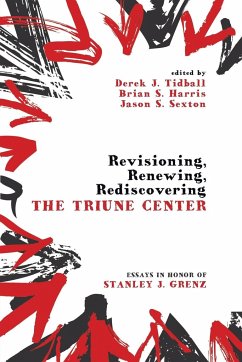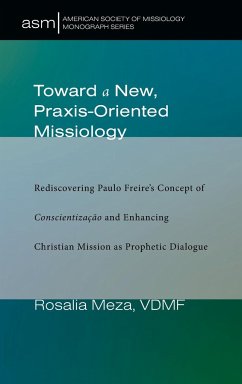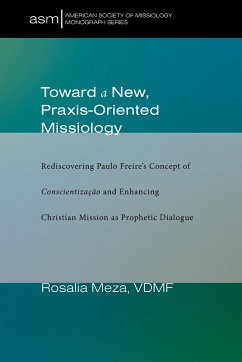The question of contextual theology and its relevance to Africa in this time of globalization, whereby there are rampant uncontrolled changes in cultures, technologies, economic policies, and even people's religious lives, is very urgent. How is contextual theology relevant in the ever-changing contexts of the church in Africa? Indeed, there are a number of challenges which contextual theology faces within the church in Africa, which need to be addressed contextually. Some such challenges include poverty, rampant violence, homosexuality, alcoholism, the resurgence of prosperity gospel materialistic prophets and incurable illnesses like Ebola, HIV and AIDS, and the current coronavirus (COVID-19). However, which context in Africa? Context in Africa, as in other parts of the world, is always in flux; it is complex and fluid. There is no permanent context. The experience of Jesus in such a changing context needs to be rediscovered depending on what transpires in each particular place at a particular time. This book addresses some of the overarching challenges that face contextual theology and how such challenges should be addressed by the church in Africa in contemporary ever-changing context for it to be relevant in Africa. It also highlights the need to move from liberation and inculturation theologies to reconstruction theology in dealing with the challenges of the current church. Hence, the book is important to students and scholars engaging in practical, systematic, biblical, and contextual theologies in all their branches.

